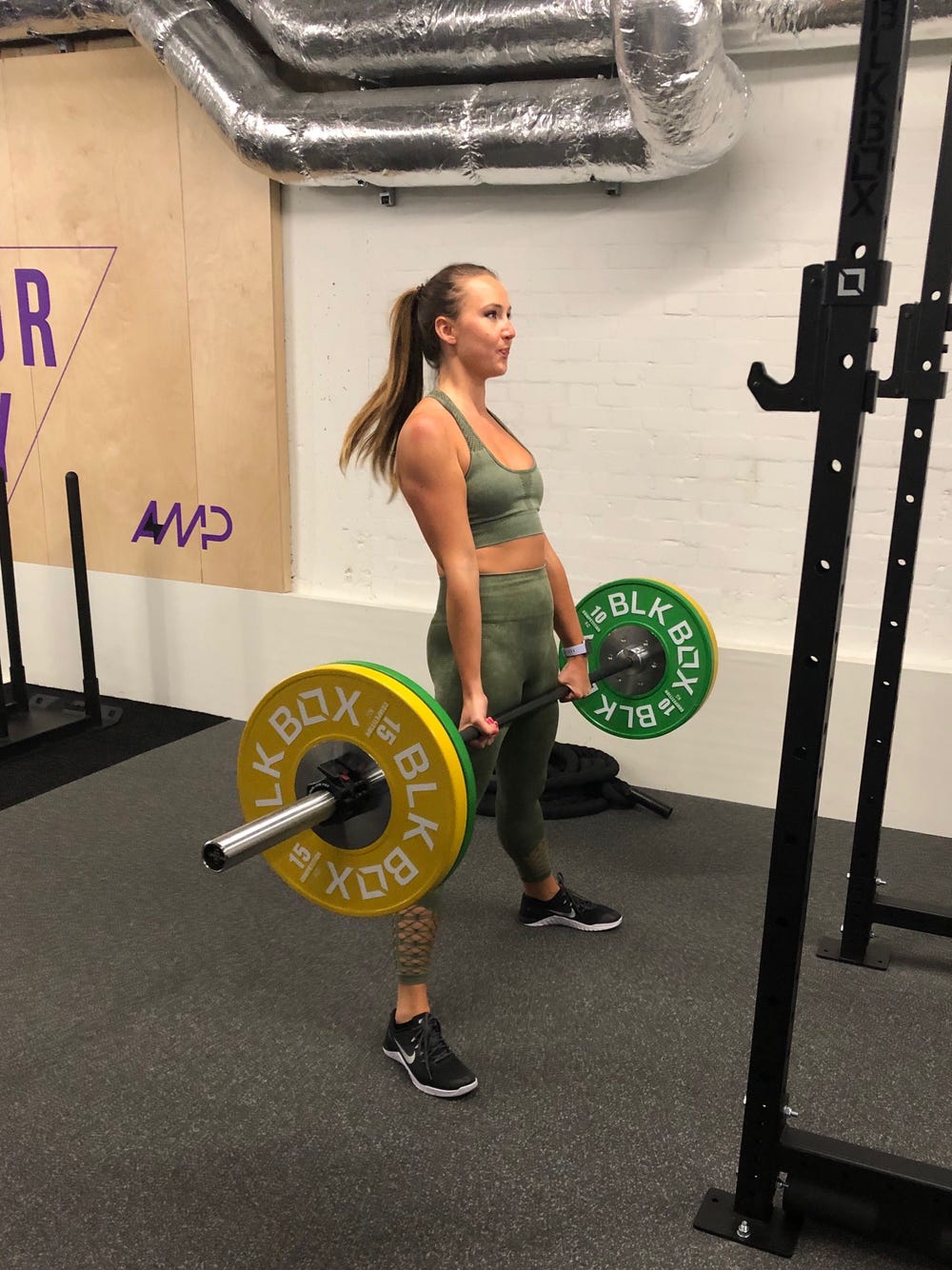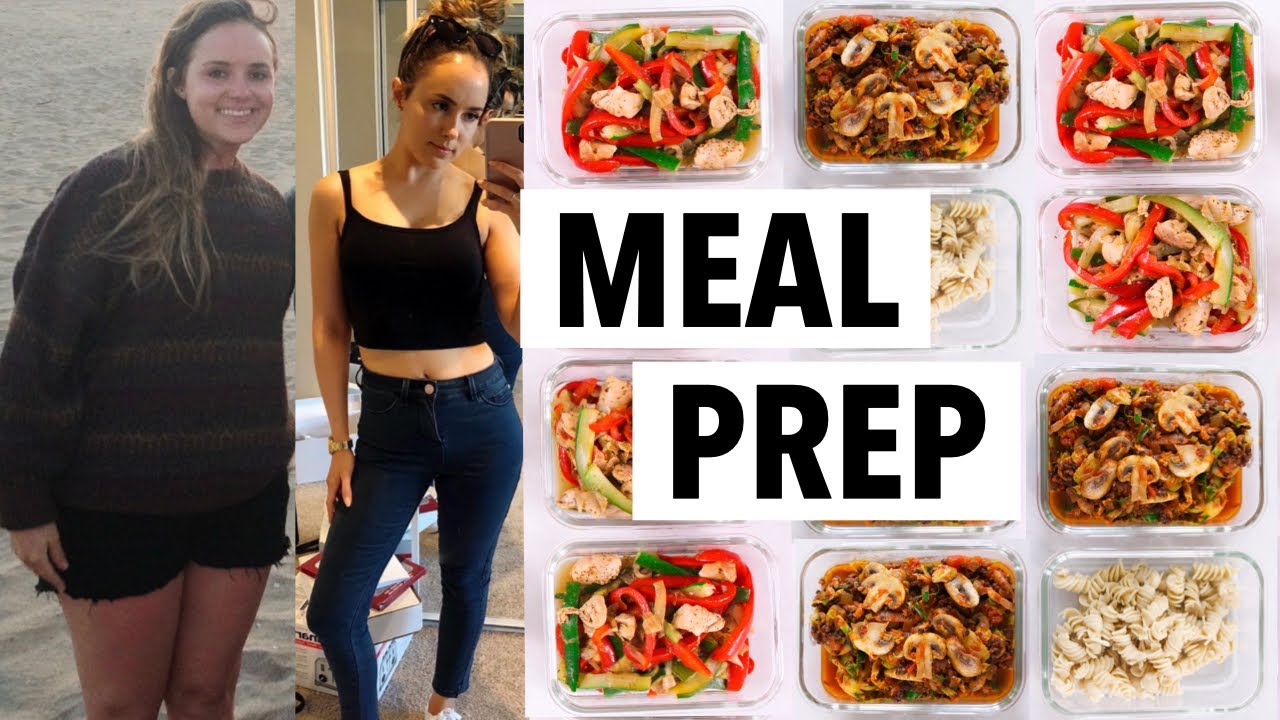
There are many methods to balance exercise and food in a healthy lifestyle. If you follow certain principles, you can get the body composition that you desire and still enjoy the activities you enjoy. You can have fun with your partner or grandchildren by dancing or going hiking on weekends. Baking your food can help you make delicious and healthy meals.
Moderation
For those with eating disorders, moderation in food and exercise can be crucial for our health. These people may use food as a way of dealing with intense emotions. They can also fall into an endless cycle of eating disorders. They may find the idea of moderation useful as it helps them manage their relationship with food.
Proportionality
Sometimes, dietary research involves looking at the relationship of two variables. For example, food intake and exercise. Ratios and proportions are used to represent this relationship. They show the relative value of each variable. Ratios can be expressed as percentages. The most common ratio in dietary research is the amount of a food or nutrient in relation to a given number of kilocalories.

Muscle protein synthesis
A specific amount of protein is required to increase muscle protein synthesis. A daily recommended intake of protein is 0.8 grams per kilogram of bodyweight. These recommendations are still higher than what most Americans consume each day. Recent research has shown that protein intake can have an impact on muscle building ability. For this reason, it's important to consider the leucine content of your protein sources. A protein-rich diet is essential if you are looking to build muscles.
Fiber for diet
Recent research shows that exercise and diet may work together to improve athletic performance. In particular, soluble dietary fibre can increase substrate availability and improve endurance performance. Consuming too much dietary fiber after a hard workout can cause stomach cramps or bloating. It may also slow down the body's absorption of nutrients.
Carbohydrates
Carbohydrates play a vital role in exercise performance. The body uses blood glucose and muscle glycogen to provide energy for muscle contraction. These reserves are often depleted when you exercise, which can lead to fatigue. For athletes who train frequently, it is important to ensure that they have enough carbohydrates in their diet. For athletes, it is recommended to consume 9-10g of carbohydrates per kilogram.
Protein
Protein is an important nutritional element that aids the body in its recovery after exercise. The best time to eat protein is not immediately after an exercise session. The optimal timing for protein ingestion may depend on an individual's body composition, tolerance, and training routine. To maximize the benefits of protein intake during and after exercise, it is best that protein supplements are taken before and after work outs. Supplementation is a safe and convenient way to get high-quality dietary nutrition. A timing of protein intake that coincides with activity can increase recovery and improve lean muscle mass.

Fats
Fats are necessary for our body to function properly. There are many different types. Some fats are naturally occurring, and some are added to food during processing. Dairy products as well as meat, fish, nuts, oils, and other foods can contain naturally occurring fats. These added fats are more prevalent in processed and packaged foods.
FAQ
How long does it take for you to lose weight?
It takes time and effort to lose weight. It usually takes six to eight months to lose 10%.
Remember that you should not expect to lose weight in a matter of hours. Your body will take time to adjust to changes in diet.
This means that you need to slowly change your diet over a period of time, such as a few days or weeks.
You should also stop trying fad diets. They don't work. Instead, change your daily routine.
Consider, for instance, that you often eat unhealthy snacks late at the night. You need to reduce this behavior.
It is better to eat healthier meals early in the evening. You'll be able to eat healthier meals earlier in the evening, and you won't snack later at night.
Water is essential for your body. Water helps keep your body hydrated, and prevents you from becoming dehydrated. Dehydration can make you feel tired and weak.
Drinking lots of water throughout the day can help you stay energized, focused, and alert.
Doing things that are relaxing can help you reduce stress. Spending time with loved one could help you reduce stress.
You could also read books, watch movies or listen to music.
These activities can help you to unwind after stressful situations. You will feel happier and more confident.
If you want to lose weight, consider your health first.
Your overall health can be measured by your physical fitness. Proper nutrition and regular exercise are essential to staying fit.
What side effects can intermittent fasting have?
Intermittent fasting doesn't have any known side effect. Some minor issues might occur if you do not plan your meals properly.
If you skip breakfast, your day might be interrupted by irritability. Also, you might experience dizziness, headaches, fatigue, muscle cramps, and dizziness.
These symptoms typically disappear in a matter of days.
How can busy people lose fat?
You can lose weight by eating less and moving more.
You'll gain weight if you eat too many calories. You will also gain weight if your exercise is not enough. You can start losing weight if you combine these simple habits.
What level of exercise is required to lose weight?
Many factors influence how much exercise is needed to lose weight, such as age, gender, body size, and weight. Most people require at most 30 minutes of moderate physical activity five times per week.
The American College of Sports Medicine recommends that you do 150 minutes of moderate intensity aerobic activity per week. This should be spread over three days.
You can lose 10 pounds by doing 300 minutes of moderate-intensity exercises each week, for example. This includes activities such swimming laps (brisk walking), biking, dancing and playing tennis.
You can start out by doing 20 minutes of intense activity three times a week. These activities could include sprints and lifting weights.
Aerobic exercise can also help you burn calories and increase muscle mass. Muscles burn more calories than fat. You may be able to achieve your goal quicker by building muscle and losing fat.
Statistics
- One study in 9 active men found that HIIT burned 25–30% more calories per minute than other types of exercises, including weight training, cycling, and running on a treadmill (18Trusted Source (healthline.com)
- Another study found that 24 weeks of weight training led to a 9% increase in metabolic rate among men, which equated to burning approximately 140 more calories per day. (healthline.com)
- One 6-month study showed that simply doing 11 minutes of strength-based exercises 3 times per week resulted in a 7.4% increase in metabolic rate, on average. (healthline.com)
- It's estimated that half of all American adults attempt to lose weight every year (1Trusted (healthline.com)
External Links
How To
How to exercise for weight loss
It is one of best ways to lose weight. Many people don't know how to exercise properly. Cardio exercises should include running, biking, swimming, walking, etc. and strength training exercises like lifting weights, pulling-ups or pushing ups, squats and lunges. Combining these two types is the best way for you to lose weight. Start exercising and find friends to support you. You have two options: you can join a gym or just walk around your neighborhood. No matter which type of activity, you need to be consistent with it. It's easy not to stick with a routine when you first start working out. Just keep going!